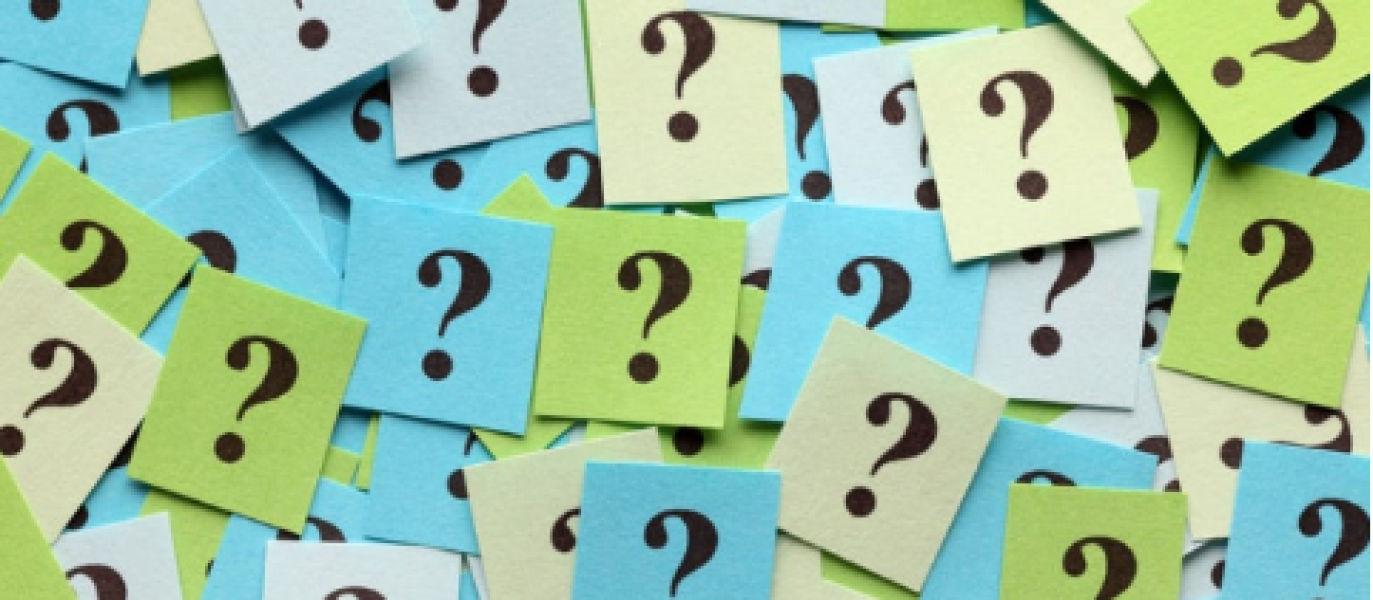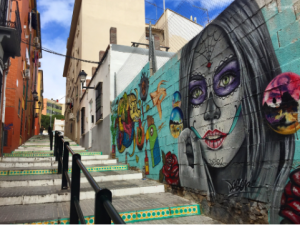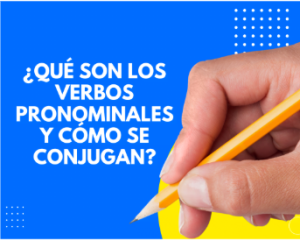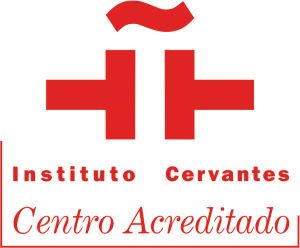Have you ever heard a word in Spanish that meant one thing… and also something totally different? Don’t worry! It’s not a mistake — these are polysemous words. They sound the same, they’re spelled the same, but they have several related meanings.
And yes, they can be a bit confusing sometimes, but with this guide by MaestroMío, you’ll master them like a true Spanish champ.
👉 Bonus: At the end of the article, you’ll find a fun exercise to test what you’ve learned. Let’s see if you can spot all the meanings!
What Are Polysemous Words?
They are words that, depending on the context, can mean more than one thing.
And no, they’re not crazy or lost — they just have multiple uses that are usually logically related.
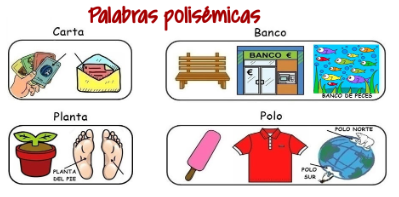
Example:
Banco
- Me senté en un banco del parque. (It felt so good in the sun!)
- Guardé mis ahorros en el banco. (And no, they weren’t under the mattress.)
Quick tip: If the different meanings are logically connected, it’s a polysemous word!
And what’s the difference between these and homonyms?
Homonyms also sound (or are spelled) the same, but their meanings have nothing to do with each other. Zero connection. Like distant cousins who don’t talk.
Example of polysemy:
Llama
- La llama del fuego era enorme.
(The flame of the fire was huge.) - La llama es un animal muy simpático que vive en los Andes.
(The llama is a very friendly animal that lives in the Andes.)
👉 In this case, they may share an origin — that’s why they’re polysemous.
Example of homonymy:
Vino
- Ayer vino mi amiga a casa. (Verb venir)
(Yesterday my friend came over.) - Me tomé una copa de vino. (The happy drink.)
(I had a glass of wine.)
Practical rule:
Is there a connection between the meanings? = Polysemy
Are they totally unrelated? = Homonymy
List of Polysemous Words (And Their Double Lives!)
Here are some words that change their meaning depending on the context… like telenovela actors:
| Word | Meaning 1 | Meaning 2 |
| Banco | Bench to sit on | Financial institution |
| Gato | Feline animal | Tool to lift a car |
| Bomba | Explosive | Device for extracting liquids |
| Vela | Wax with a wick | Part of a boat that catches the wind |
| Sierra | Cutting tool | Mountain range |
| Carta | Written message | Playing cards |
| Ratón | Rodent | Computer mouse |
| Planta | Plant (vegetal being) | Floor of a building |
| Luz | Light | Intelligence (“You’re very bright!”) |
| Cabeza | Part of the body | Person in charge (head of a group) |
| Llave | Object to open something | Key move in martial arts |
| Cola | Tail | Line of people waiting |
| Cuerda | Twisted thread | Being “sane” (mentally healthy) |
| Mono | Animal | One-piece outfit |
| Cuadro | Painting | Geometric figure with four sides |
Examples in Sentences (Because Context Makes Everything Clearer)
Banco
– Voy a sentarme en el banco del parque.
– Trabajo en un banco desde hace cinco años. (They don’t pay me to sit!)
Gato
– El gato duerme todo el día.
– Usa el gato para cambiar la rueda del coche.
Vela
– Apagué la vela antes de dormir.
– La vela del barco se rasgó por el viento.
Ratón
– ¡Un ratón! ¡Corre!
– Mi ratón inalámbrico no funciona.
Cola
– El perro movía la cola con alegría.
– Tuvimos que hacer una cola larguísima para entrar al concierto.
Bonus: Dare to Try This Exercise?
Complete the sentences with the correct polysemous word (choose from: banco, vela, llave, planta, mono).
- Me compré un __________ muy cómodo para el invierno.
- Olvidé la __________ de la puerta, así que no puedo entrar.
- En el __________ me ofrecieron una tarjeta de crédito nueva.
- La __________ se cayó por el viento y se apagó.
- Mi abuela tiene una __________ llena de flores en su terraza.
👇 Answers (no cheating!):
- mono
- llave
- banco
- vela
- planta

